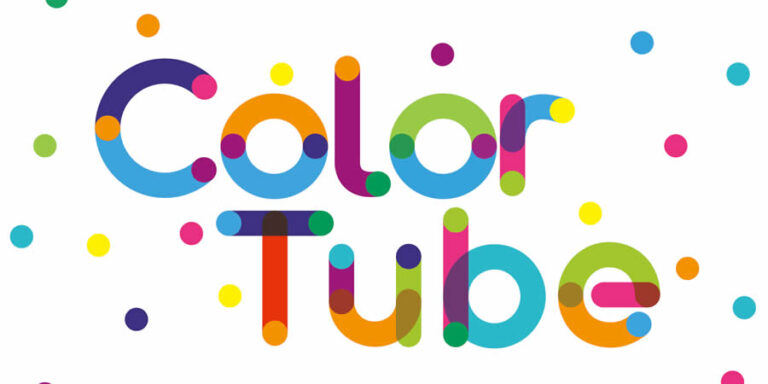Imagine scrolling through your social media feed, encountering a post claiming that ancient aliens reside beneath the Pyramids of Giza without paying rent for millennia. You’re skeptical, but then, you notice a small window beneath the post stating the contrary, linking to a Wikipedia article on squatter’s rights. This small note is what X refers to as a Community Note, and it could be the future of social media moderation.
Social media platforms face mounting pressure to combat the spread of misinformation. This pressure stems from governments, investors, and even their own user base. But policing content puts these platforms in a precarious position of being arbiters of truth and acceptable speech. Enter Community Notes, a feature introduced by X in January 2021, initially under the name Bird Watch, then expanded in November 2022.
The primary objective of Community Notes is to combat misinformation by crowdsourcing fact-checking through anonymous volunteers. When users encounter a post lacking context or containing misleading information, they have the option to add a note. These notes aim to provide additional information, correct inaccuracies, or offer context to the original post.
Contributors, approved by X, can add an asterisk to misleading posts, providing reasons for their concerns and linking to reliable sources to support their claims. Other contributors then vote on the proposed notes’ helpfulness, aiming for a general consensus. However, it’s not a simple majority system; notes need to reach a certain threshold and show a consensus among contributors.
This system discourages partisan dogpiling and encourages contributors to stick to facts and cite reliable sources. Yet, it’s not without challenges. Many users misunderstand Community Notes, attributing them to X or Elon Musk personally. Some perceive the voting system as rigged, leading to mistrust. Moreover, demonetization of posts with Community Notes can disincentivize their use, regardless of their intent.
Despite these challenges, Community Notes offer advantages over traditional fact-checking methods. They provide faster responses and higher capacity, making them suitable for combating misinformation across various topics and platforms. Moreover, they serve as a supplement, not a replacement, for standard moderation practices, striking a balance between content control and free speech.
However, questions remain about the effectiveness and implementation of such features. Should participation be financially incentivized? Which platforms could benefit from collaborative fact-checking? These are questions that demand further exploration and discussion.
In conclusion, Community Notes represent a step towards more transparent and community-driven moderation on social media platforms. While they have their challenges, their potential to combat misinformation and empower users merits attention and ongoing refinement.
In case you have found a mistake in the text, please send a message to the author by selecting the mistake and pressing Ctrl-Enter.





